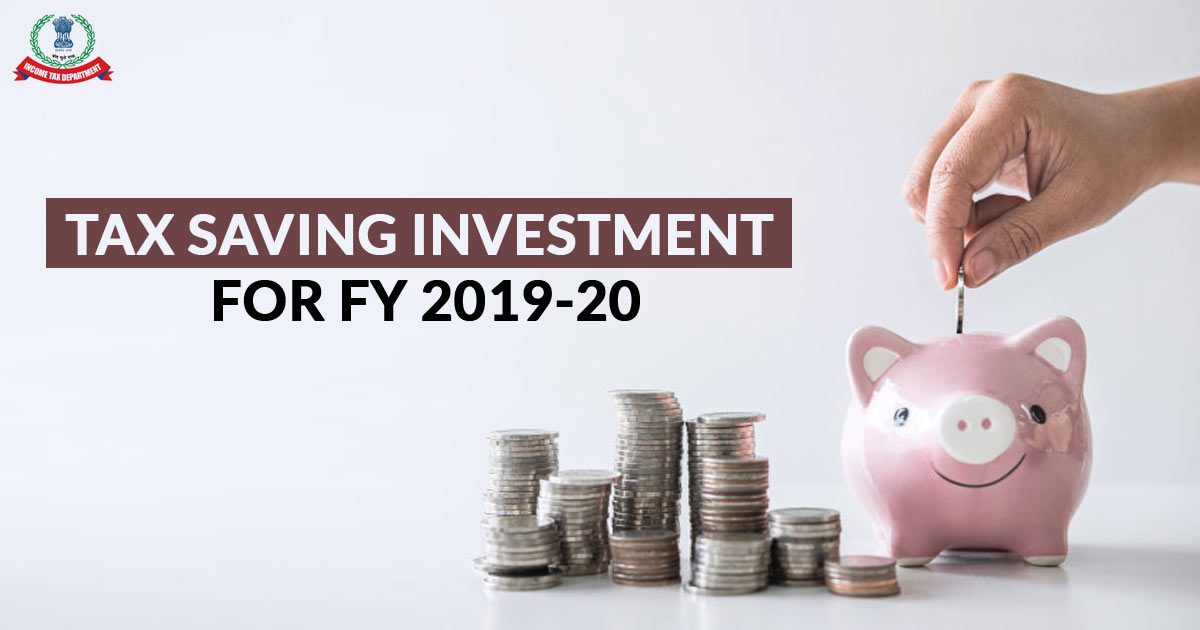
As you know, normally, the last date of the financial year is March 31. But this time means in the financial year 2019-2020 If you have not made an investment or a deposit to avail of the exemptions under the Income Tax Act for the FY20 yet, then there is nothing to worry about because due to the corona outbreak you get an additional three months to do so.
The Indian Government considered the nationwide lockdown, in light of the coronavirus outbreak, and allowed the public to avail the tax-saving exemptions under the Income Tax Act for FY20 – till June 30, 2020. This emanates from Finance Minister Nirmala Sitharaman’s announcement, related to the taxpayers’ compliance, on March 24.
In the same, she had said, “Due dates for issue of notice, intimation, notification, approval order, sanction order, filing of appeal, furnishing of return, statements, applications, reports, any other documents and time limit for completion of proceedings by the authority and any compliance by the taxpayer including investment in saving instruments or investments for rollover the benefit of capital gains under Income Tax Act, Wealth Tax Act, Prohibition of Benami Property Transaction Act, Black Money Act, STT law, CTT Law, Equalization Levy law, Vivad Se Vishwas law 
How Does this Work?
At present, an individual has to invest or deposit a sum of up to Rs 1.50 lakh under Section 80C of the Income Tax Act to avail of the tax-saving exemptions. The key instruments include National Saving Certificates (NSC), Equity Linked Saving Scheme (ELSS), PPF, Premium for Life Insurance Policy, Sukanya Samriddhi Scheme, repayment of home loan, Specified Fixed Deposits in Banks and Employee Provident Fund.
After Rs 1.50 lakh, a person can also in some other instruments such as the National Pension Scheme (NPS), Infrastructure Bond, Health Insurance, and the interest repayment on home loan 
Additionally, the Union Budget for Financial Year 2020-21 has also provided an option of paying taxes at lower rates provided the assessee is not availing any exemption. It means from Financial Year 2020-21 onwards, a taxpayer can either use tax savings instruments, claim all the reduction and make payment according to existing rates or do not claim any deduction and pay tax at new rates. A taxpayer can choose one of these options for one year and another in next year.